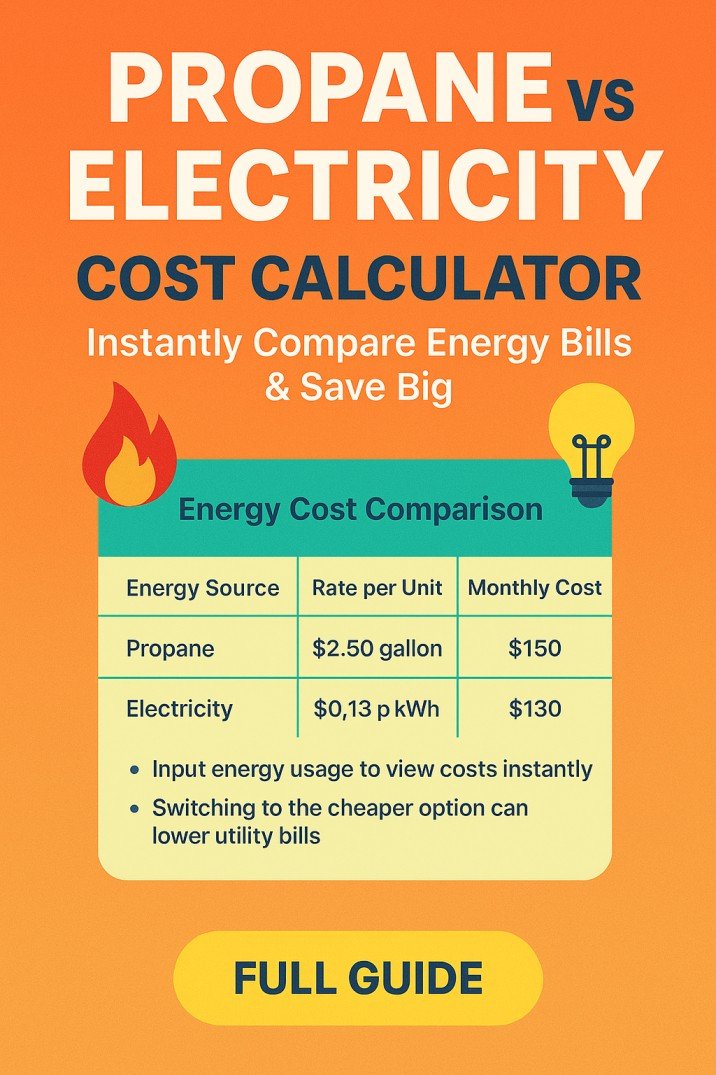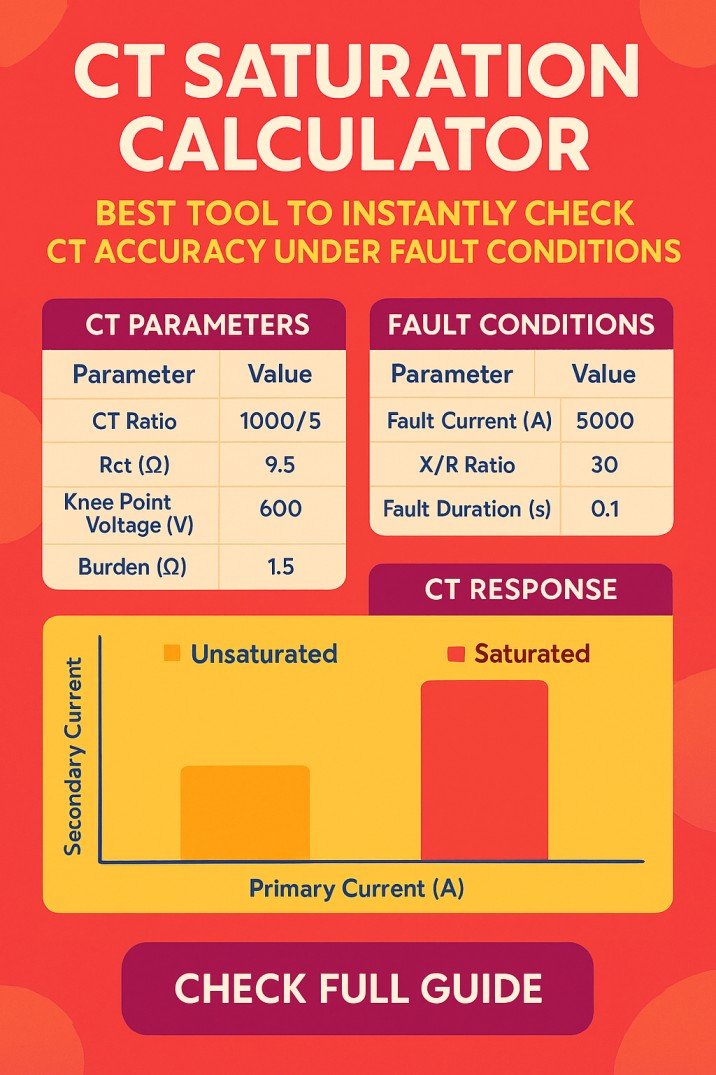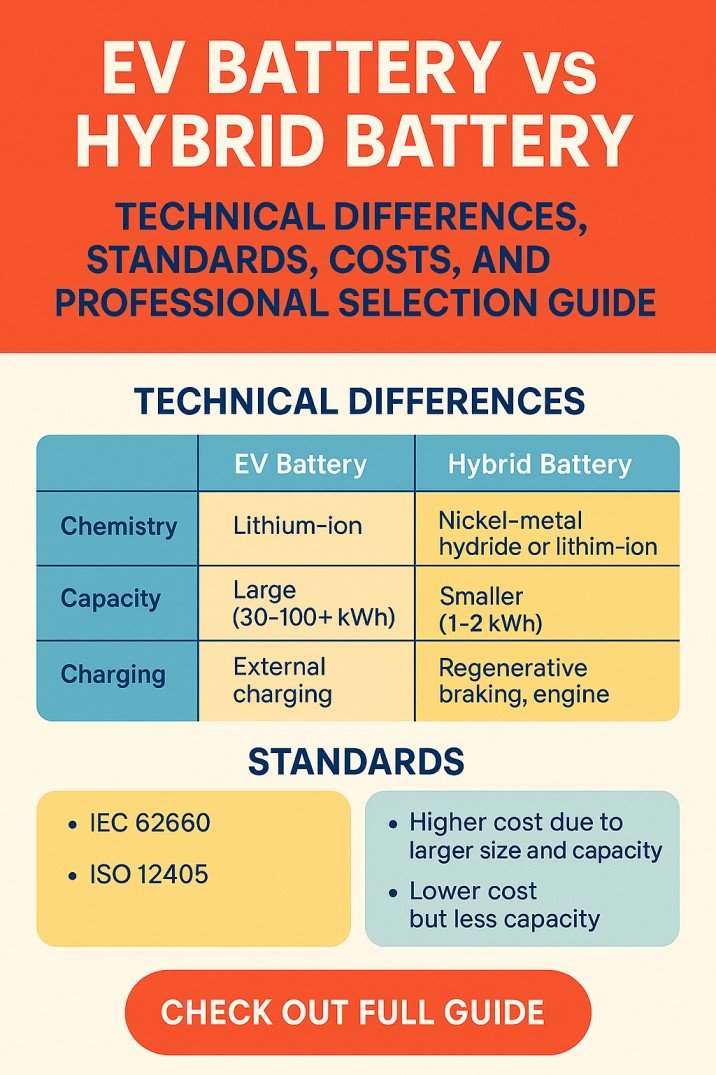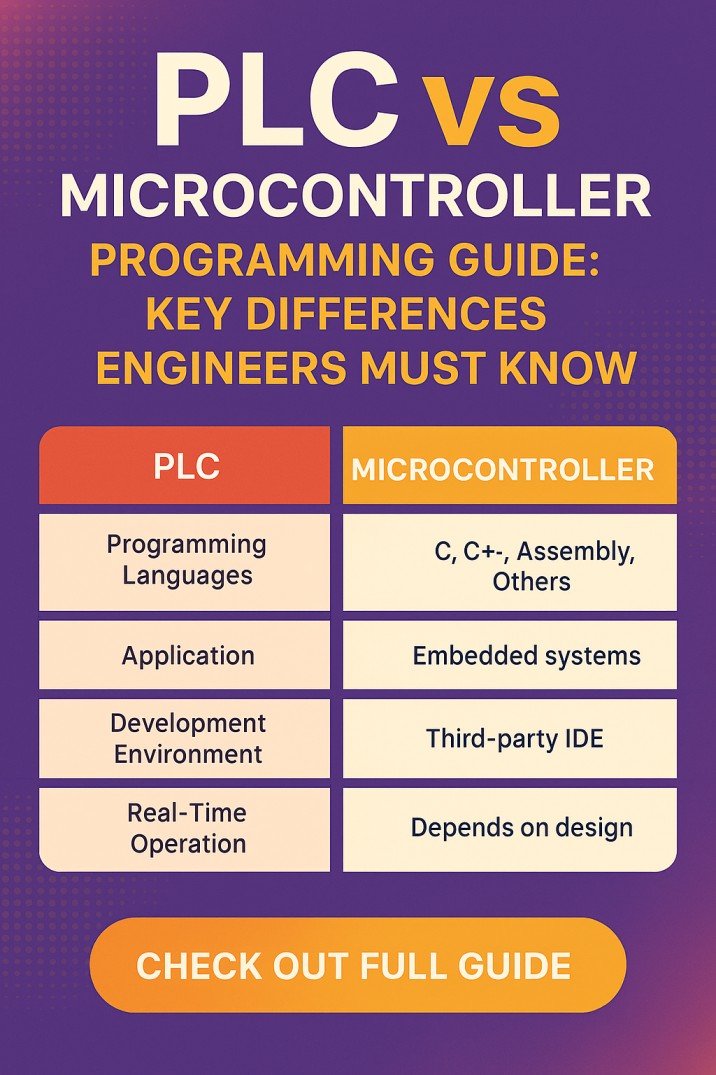MCC Panel Design Course – IEC Standards, AutoCAD Training & Certification Guide for Electrical Engineers
Motor Control Center (MCC) panels are the backbone of industrial power distribution and motor control systems. They are widely used in manufacturing plants, water treatment facilities, oil and gas industries, and large commercial buildings. Designing an MCC panel is not only about arranging components but also about meeting international standards, ensuring safety, and providing efficiency in operation.
For electrical engineers, mastering MCC panel design has become a vital skill that opens opportunities for high-paying jobs and consulting roles. This is why a MCC Panel Design Course is now considered one of the most valuable training programs in electrical engineering.
Table of Contents
Table of Contents

With industries moving towards automation and smart grid systems, electrical engineers are expected to understand both the theoretical and practical aspects of MCC design. They must be well-versed in IEC standards, proficient in AutoCAD electrical drafting, and aware of protection and control philosophies. A structured MCC panel design course provides these skills in a professional and industry-relevant manner.
Before going deep into the details, let us outline the key takeaways of this article for clarity.
Key Takeaways
- A MCC Panel Design Course equips electrical engineers with technical knowledge, IEC standards compliance, and AutoCAD drafting skills.
- Learning MCC panel design improves career prospects in industries like oil and gas, manufacturing, and renewable energy.
- The course combines theoretical learning with practical drafting, protection coordination, and certification guidance.
- Engineers gain expertise in safety, reliability, and efficiency of motor control systems, which are critical in industrial applications.
Know more about MCC Panel Design Guide
Why MCC Panel Design Course is Important for Electrical Engineers
An MCC panel design course is not just another training program; it bridges the gap between theory taught at universities and practical applications in the field. Electrical engineers often struggle when they face real-world challenges in industrial projects because university education focuses more on fundamental principles rather than industry design practices.
In the industrial environment, an MCC is responsible for controlling multiple motors through starters, breakers, and protection relays. A small mistake in design can cause heavy losses, downtime, or even safety hazards. This is why industries prefer engineers who have completed a MCC Panel Design Course that includes both IEC standard compliance and practical AutoCAD training.
The global job market also favors engineers with certified training in MCC panel design. Employers recognize that candidates who have such training require less time for onboarding, understand safety codes, and can deliver professional electrical drawings that meet compliance standards.
Core Components of MCC Panel Design
When you enroll in a MCC Panel Design Course, you will learn about the different components that make up a motor control center. Each part plays a specific role in the safe and efficient operation of motors.
- Incoming Section: This includes the main incomer breaker or switchgear, which feeds power to the entire MCC.
- Busbars: Copper or aluminum busbars distribute power to outgoing feeders. Their sizing and insulation are based on IEC standards.
- Starters and Breakers: MCC panels house motor starters (DOL, star-delta, soft starters, VFDs) and protection devices like MCCBs.
- Control Wiring: Low-voltage wiring for relays, push buttons, and indication lamps ensures smooth motor operation.
- Meters and Indicators: Digital meters, ammeters, voltmeters, and status indicators are installed for monitoring.
- Protection Devices: Fuses, overload relays, earth fault relays, and other devices protect motors and cables.
Understanding how to select, size, and arrange these components according to IEC 61439 and IEC 60947 standards is a major part of the course.
Know more about IEC Standard for DGA Analysis
IEC Standards in MCC Panel Design Course
The IEC (International Electrotechnical Commission) has developed detailed standards that govern MCC panel design. A proper MCC Panel Design Course integrates these standards into the training modules.
Some of the most relevant IEC standards include:
| IEC Standard | Scope in MCC Design |
|---|---|
| IEC 61439 | Low-voltage switchgear and control gear assemblies |
| IEC 60947 | Low-voltage switchgear components (breakers, contactors, relays) |
| IEC 60204 | Electrical safety in machinery |
| IEC 60529 | Protection degree (IP ratings of enclosures) |
| IEC 60034 | Motor protection and performance standards |
By following these standards, engineers ensure that MCC panels are safe, reliable, and compliant with global practices.
AutoCAD Electrical Training in MCC Panel Design Course
One of the most practical skills taught in a MCC Panel Design Course is the use of AutoCAD Electrical. Designing MCC panels is not only about knowing the theory but also about preparing professional electrical drawings that can be shared with clients, consultants, and manufacturing teams.
AutoCAD training typically covers:
- Creating single-line diagrams of MCC panels.
- Drawing control schematics for motor starters.
- Panel GA (General Arrangement) drawings.
- Cable routing and termination drawings.
- BOM (Bill of Materials) preparation.
A good MCC panel design course will include hands-on AutoCAD exercises where students design real-world projects from scratch. This makes them industry-ready and confident in preparing professional documentation.
Know more about How to Get Electrical Certification in USA & Transfer It to Europe
Protection and Safety in MCC Panel Design
Safety is the most important consideration in MCC panel design. An MCC panel must protect both the motor and the operator. A MCC Panel Design Course emphasizes the selection of proper protective devices based on fault current calculations and load characteristics.
For example:
- Overload relays protect motors from prolonged overcurrents.
- Short-circuit protection is provided by MCCBs and fuses.
- Ground fault protection prevents electrical hazards.
- Interlocks ensure safe operation during maintenance.
The course also covers arc flash studies, fault level calculations, and earthing practices that align with IEC 60364 standards.
Certification Benefits of MCC Panel Design Course
Completing a certified MCC Panel Design Course offers several advantages to electrical engineers. Certification not only improves technical confidence but also enhances career prospects.
Benefits include:
- Recognition by employers and consultants.
- Better job opportunities in power plants, oil refineries, and EPC companies.
- Higher salary potential due to specialized skills.
- Eligibility for international projects where IEC compliance is mandatory.
- Confidence to work independently as a consultant or entrepreneur.
Some training institutes also provide online MCC panel design certification, making it accessible for engineers worldwide.
Know more about Top Trade Schools in USA & Europe Offering High-Paying Electrical Programs
Real-World Applications of MCC Panel Design Course
The knowledge gained from an MCC panel design course is applied in many sectors:
- Manufacturing Plants: For running conveyor systems, pumps, and process motors.
- Oil and Gas Industry: MCCs control heavy-duty motors used in drilling and refining.
- Renewable Energy: Solar and wind projects require MCCs for auxiliary motor systems.
- Water Treatment Plants: MCCs control pumps and filtration systems.
- Commercial Buildings: Used for HVAC systems and automation.
This wide range of applications shows why industries are willing to invest in engineers who have taken specialized MCC Panel Design Courses.
Career Opportunities After MCC Panel Design Course
Electrical engineers who complete a MCC Panel Design Course can explore multiple career paths.
- MCC Design Engineer – Creating drawings, selecting components, and ensuring compliance.
- Project Engineer – Handling installation and commissioning of MCC panels.
- Consultant – Advising clients on MCC panel selection and protection.
- Panel Manufacturer – Starting a business in MCC panel fabrication.
Salaries are also highly competitive. Engineers with certified MCC design expertise earn significantly more compared to general electrical engineers, especially in the Middle East and Europe where IEC standards are mandatory.
Know more about Electrical Engineering Short Courses That Lead to High-Paying Roles
How to Choose the Right MCC Panel Design Course
Not all courses are created equal. When selecting a MCC Panel Design Course, consider these factors:
- Does it cover IEC standards in detail?
- Does it include AutoCAD Electrical training?
- Is there a practical project at the end of the course?
- Is the certification recognized by industry?
- Does it provide career guidance for job placements?
A well-structured course will combine theory, practical drafting, safety training, and certification support.
Future Trends in MCC Panel Design
As industries move towards Industry 4.0, MCC panels are also evolving. Modern MCCs include smart features such as:
- Remote monitoring of motors.
- Integration with SCADA systems.
- Energy-efficient motor starters.
- Predictive maintenance using IoT sensors.
- Modular MCCs that can be expanded easily.
A MCC Panel Design Course that introduces these trends prepares engineers for future-ready careers.
Conclusion
An MCC Panel Design Course is more than just a technical training program. It is a career investment for electrical engineers who want to specialize in industrial power and control systems. By mastering IEC standards, learning AutoCAD drafting, and gaining certification, engineers position themselves for global opportunities in industries that rely heavily on MCC panels.
Follow Us on Social:
Subscribe our Newsletter on Electrical Insights for latest updates from Electrical Engineering Hub
#MCCPanelDesignCourse, #MCCPanelDesign, #IECStandards, #ElectricalEngineers, #AutoCADTraining, #ElectricalCertification, #IndustrialElectrical, #PanelDesignTraining, #SwitchgearDesign, #ElectricalCourse, #PowerDistribution, #ElectricalDesign, #ControlPanelDesign, #EngineeringTraining, #ElectricalEngineering







I’m still learning from you, while I’m trying to reach my goals. I definitely liked reading all that is written on your blog.Keep the aarticles coming. I enjoyed it!